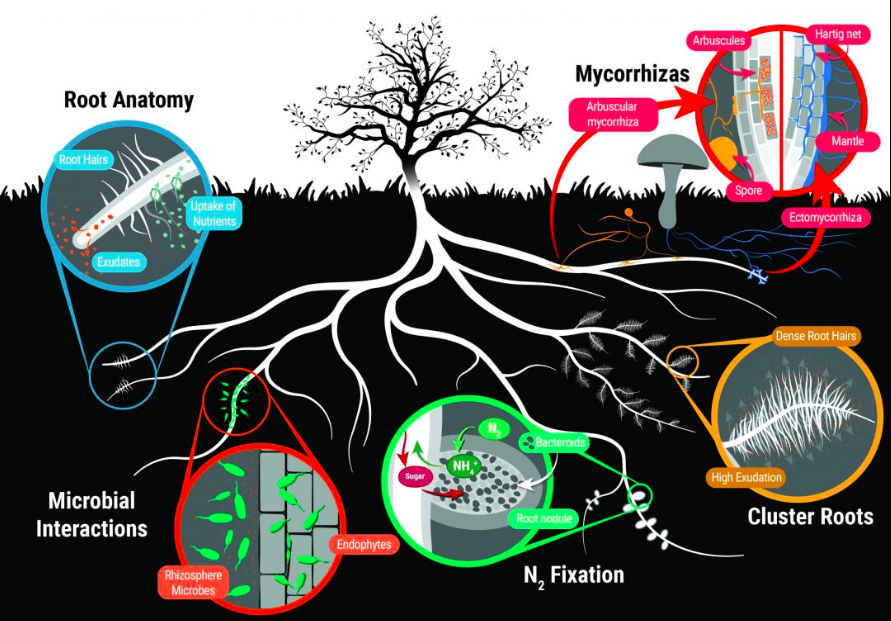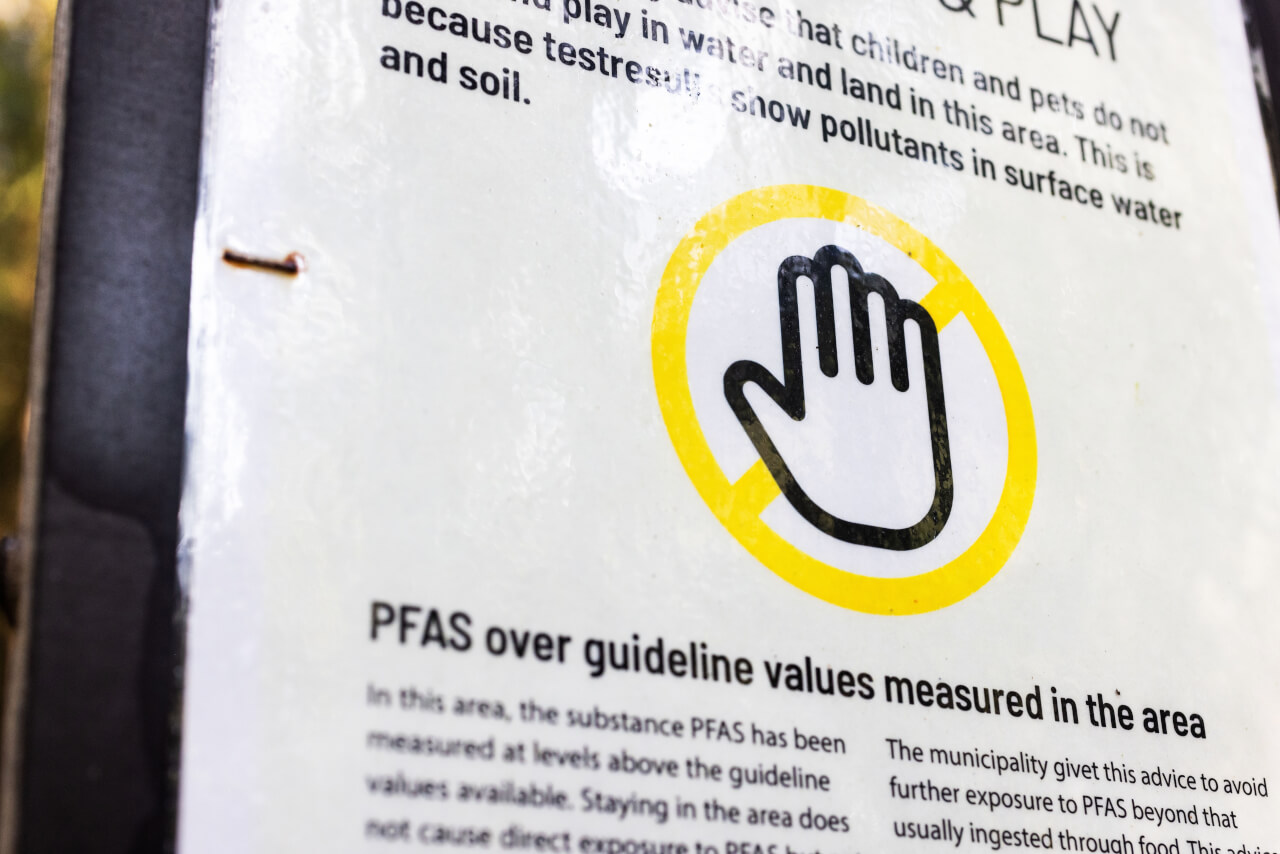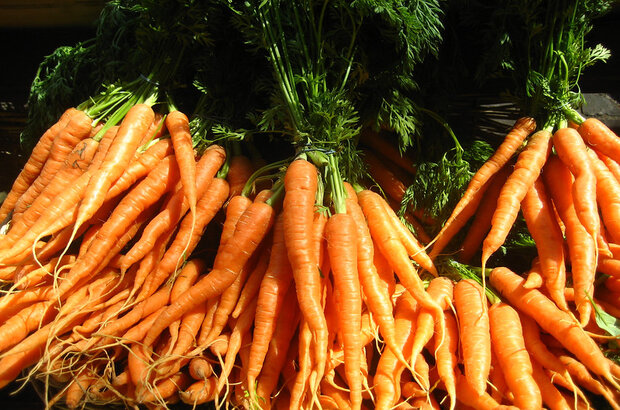[ad_1]
When the lockdowns started initially of the coronavirus pandemic, many individuals discovered themselves unexpectedly caught at dwelling. Some nervous concerning the meals provide chain, whereas others had been merely bored. Staring out the window into their vacant backyards, individuals across the nation had been instantly seized with the identical inspiration.
Why not begin a yard homestead?
“Initially of the pandemic, the postal service labored,” says Kathy Halamka of the Unity Farm Sanctuary in Sherborn, MA. “That was the one factor that labored properly. Chicks, goslings, poults and ducklings—all of those little guys can come within the mail, and that may be a very common means the place the hatcheries ship out their hatchlings.”
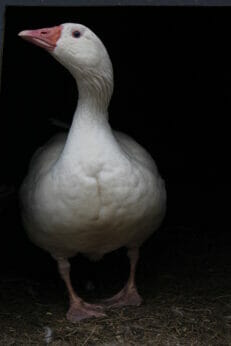
Mika, a rescue goose. Images courtesy of Anika Wilson.
A duckling might be bought for only some {dollars} from a hatchery and supply leisure for teenagers caught at dwelling. As a bonus, when the duck grows up, it produce recent eggs. The concept was in style and shortly hatcheries had been promoting out of chicks and ducklings. However as any poultry farmer is aware of, ducklings don’t keep small for lengthy. Inside two weeks, a child duck will double each in measurement and in poop manufacturing. Lengthy earlier than you see any eggs from them, they’ll have outgrown your front room.
“We known as it the time of the geese,” says Halamka. Her sanctuary first observed a rise in geese and chickens—probably having outgrown their house properties and postage-stamp backyards—being surrendered to the sanctuary within the spring of 2020. Subsequent got here the roosters, surrendered as they started to seek out their voices. Lastly, as individuals returned to work after the lockdown restrictions eased, total flocks of poultry got as much as shelters. “We’ve by no means had that form of broad give up of hens,” says Halamka. “I’d settle for over 100 hens at a time and have to seek out them new properties.”
Birds are the bottom value choice to start homesteading. Ducklings, chicks and goslings are sometimes on the market at feed shops within the springtime, and the thought that goes into their purchases might be the identical as contemplating selecting up a sweet bar on the checkout. However the pandemic impulse purchases didn’t cease with poultry. Goats and sheep might be introduced dwelling for solely a few hundred {dollars}—a purchase order that may not require a lot forethought or consideration of feeding prices or vet payments.
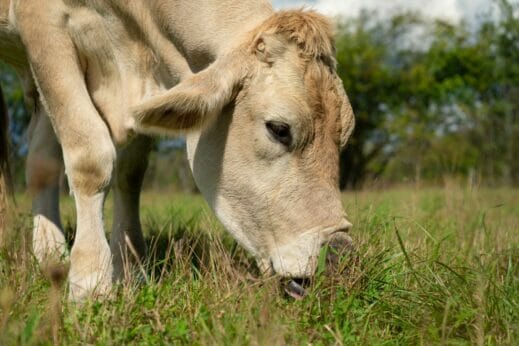
Greg, a rescue steer. Images courtesy of Anika Wilson.
Ashley Pankratz, senior supervisor of rescue & placement for Farm Sanctuary, a corporation devoted to advocating for livestock, recollects a case of sheep and goats in Dutchess County, NY. The herd began with only some animals, however,” Pankratz mentioned in an e-mail, “they rapidly reproduced, and their guardian was unable to supply applicable care. Quickly, there have been dozens of animals in want.”
Farm sanctuaries and rescues have lengthy been locations the place individuals can flip after they have an undesirable rooster, however, since 2020, the variety of animals in sanctuary care has elevated considerably. The Farm Sanctuary, with places in Watkins Glen, NY and Acton, CA, acquired 1,255 requests for placement in 2018. Now, it averages greater than 1,500 requests a yr.
Anika Wilson is a farmer and florist from exterior Portland, ME, who was enlisted within the rehoming of greater than 50 poultry from an island in Maine’s Casco Bay. The earlier proprietor collected rare-breed birds, and she or he had amassed a big flock by the point she died in her 80s. “Fortunately for these birds, they’d an incredible caretaker on the island,” says Wilson. “I think about that it will be an incredible problem determining what to do with so many animals if you’re not considerably concerned within the homestead world. It will be so much to inherit.”
Wilson notes that all the state of affairs may have been prevented with ahead planning. “On this case, a ‘demise plan’ or ‘animal will’ that would supply for the animals would have been helpful. In lots of instances, I feel crucial factor is to essentially suppose earlier than adopting creatures like this: ‘Am I ready to take care of this animal for x quantity of years?’ and secondary to that, ‘Do I’ve choices if I discover, down the road, that circumstances change and I can not take care of them?’”
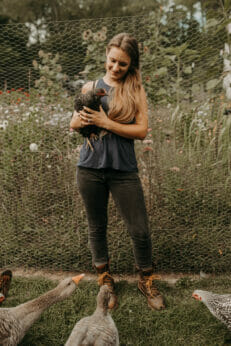
Anika Wilson.
Many individuals don’t contemplate the longevity of animals after they take them on. Goats and sheep have a median lifespan of 10-15 years, whereas cows and pigs can stay greater than 20 years. Feed payments, veterinary care and infrastructure prices add up rapidly. Livestock care might be bodily demanding, making it tough to maintain up.
The most typical animals surrendered to farm sanctuaries are poultry. Undesirable roosters from hatchery purchases make up the bulk, and flocks from individuals who didn’t examine their city’s ordinances on poultry are widespread. Sheep and goat purchases through the pandemic are tougher to calculate, partially as a result of goats and sheep are sometimes paid for in money from farm to particular person, quite than despatched by way of the postal service from an organization with invoices and data.
Halamka says animals are sometimes surrendered or rescued and find yourself on the Unity Farm Sanctuary due to caretaker deaths, dwelling foreclosures and long-term diseases. However there might be extra abrupt instances, too.
“Generally, individuals actually transfer out of the house,” says Halamka, “and go away behind the mini pig or different animal. They actually stroll away with the animal within the house. It’s very unhappy for me to must work with animals which might be discovered and must be rescued.”
Planning can keep away from these conditions, as can slightly little bit of humility. Halamka is grateful that almost all of the animals she has seen for the reason that pandemic are surrenders, and she or he notes that to give up an animal you simply must name or e-mail your native sanctuary
Following the pandemic uptick in livestock rescues, the hustle at sanctuaries has not slowed down because of inflation and foreclosures. Inflation has meant each that individuals’s budgets have been reduce, typically not leaving room for the livestock, and that persons are once more impulse buying poultry considering they’ll get “free eggs.”
The conclusion appears easy. Animals ought to by no means be impulse purchases and require extra planning than only a feed finances and correct housing. Ideally, if you’re investing in animals, you also needs to make a plan in case one thing occurs to you, in order that the animals don’t find yourself at a sanctuary in search of a house.
[ad_2]
Source link


